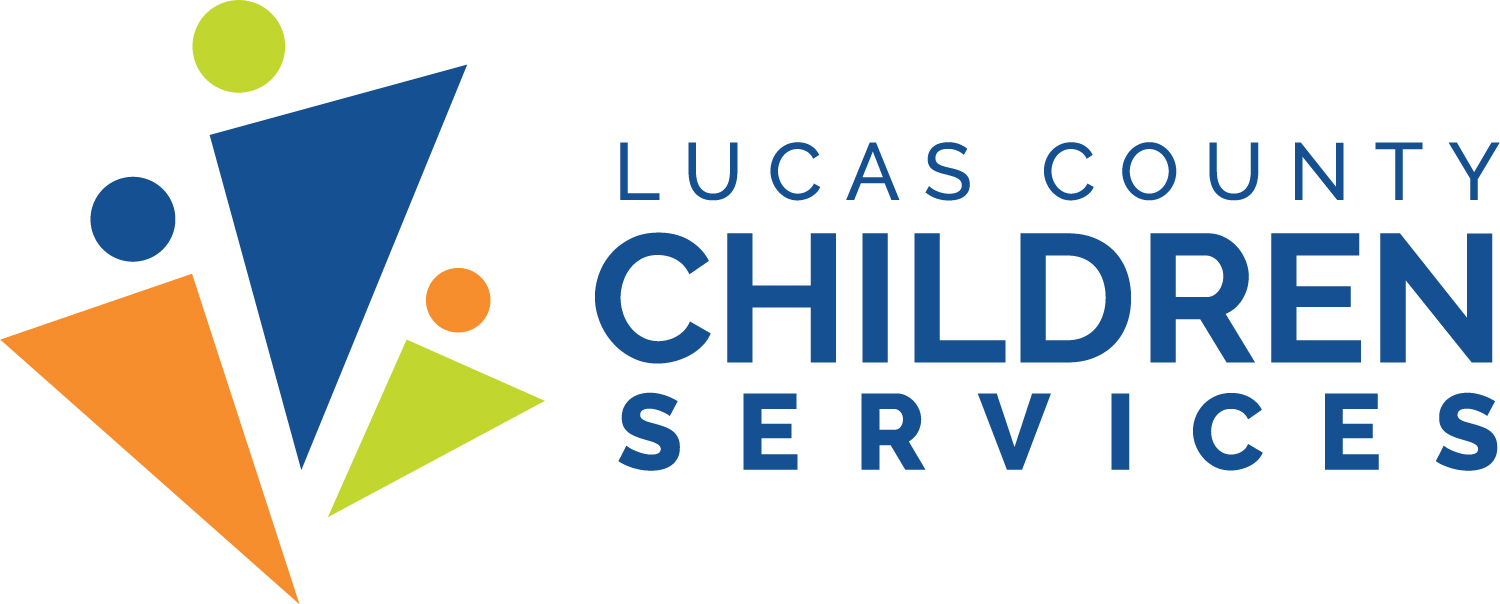At the end of this module, you will be able to:
- Identify the goals of child welfare
- Explain the difference between foster care, kinship care, and adoption
- Determine whether or not to continue exploring foster care, kinship care, or adoption
At the end of this module, you will be able to:
- Identify the members of the child welfare team and the role of these members in serving a child
- Identify advantages and challenges to teaming
- Describe the life of a child welfare case from allegation to permanency (reunification, legal custody, adoption)
Module III of Preservice training introduces the core concepts of early childhood development. Participants receive an overview of brain development and gain an awareness of the importance of attachment, self-regulation, and initiative to child development. Factors that enhance development are also addressed.
Module IV of Preservice training helps participants understand how childhood trauma can affect development, including brain development, as well as emotions and behavior.
Examines the characteristics, symptoms and reporting standards for child abuse and neglect. Caution: contains graphic images
Module VI of Preservice training addresses strategies caregivers and adoptive parents can use to help the child feel safe and accepted in their home and community. The importance of gathering background information and maintaining connections is stressed.
Addresses strategies families can use to help the child feel safe and accepted in their home and community. The importance of gathering background information and maintaining connections is stressed.
Module VIII of Preservice training introduces foster and kinship caregivers and adoptive parents to strategies they can use to assist children in learning to manage their emotions and control their behaviors.
Module IX of Preservice training presents a rationale for involvement of foster and kinship caregivers and adoptive parents in promoting connections to primary family members, particularly primary parents and siblings. The training encourages a non-judgmental approach to the caregiver’s or parent’s work with primary families to promote reunification.
Module X of Preservice training examines the impact of foster care, kinship care, and adoption on individual members of the caregiving family as well as the impact on their relationships with one another. Participants are introduced to effective coping strategies to prevent against burnout and secondary traumatic stress. Communicable diseases and medication management are also addressed.
Module XI of Preservice discusses adoption dynamics impacting families and adopted children. Participants will explore adoption from a developmental perspective as well as consider issues such as maintaining connections “openness” and sharing adoption-related information with the child. Post adoption services including subsidy are also discussed in this module.
Self-Directed course (3 hours)
Only available to participants who have completed courses 1 through 11.
**An NWORTC representative will contact you to schedule this class.
Prepares you to recognize and care for a variety of first aid, breathing and cardiac emergencies involving adults, children, and infants.
